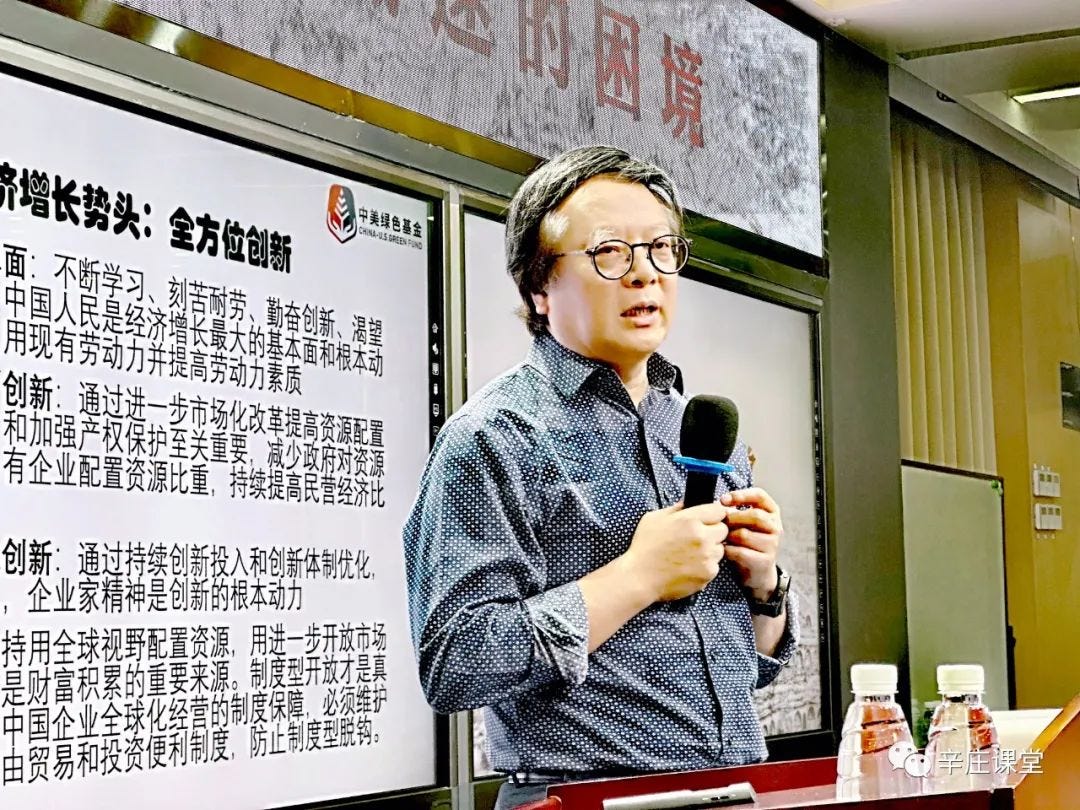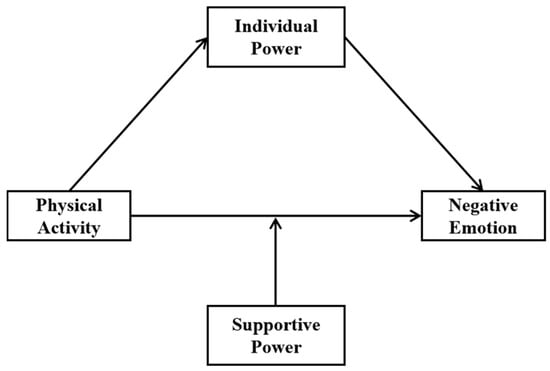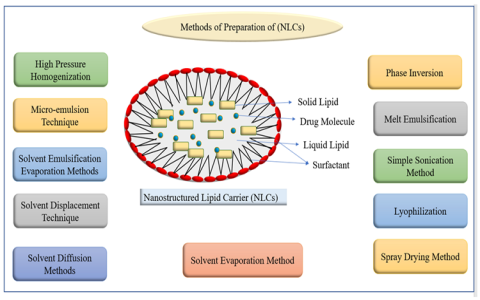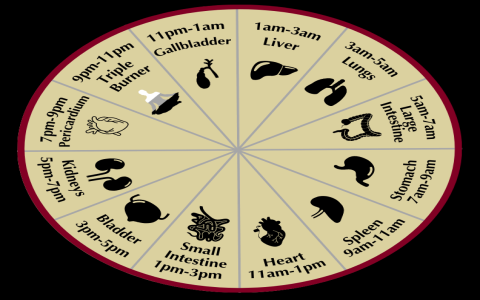So, Xu Changqing. Sounds a bit fancy, right? For the longest time, it was just another one of those names I’d vaguely heard, probably from my grandma or one of the older folks in the neighborhood. Never paid it much mind, to be honest. I’m more of a ‘pop a pill if it hurts’ kind of guy, or at least I used to be.
But then, this thing happened. I started getting this really annoying ache in my shoulder. Not like, debilitating pain, but that dull, persistent kind that just wears you down. Went to the doc, got some advice, tried some stretches. It helped a bit, but it would always come back, especially on damp days. You know how it is. My wife’s auntie, who’s big into all this traditional stuff, heard me complaining during a family dinner. She piped up, “Ah, that sounds like wind-dampness! You should try Xu Changqing.”
Wind-dampness. Sounds like something out of a weather report, not a medical condition. I kind of chuckled internally. But she was so earnest, and frankly, I was getting tired of the ache. So, I thought, what’s the harm in looking into it? My first step, as always these days, was a quick search online. Lots of information, some a bit too technical, some clearly just trying to sell you something. But the gist I got was that Xu Changqing, or Cynanchum paniculatum if you want to get scientific (which I usually don’t), has been used for ages, especially for pain, inflammation, and things like that.
My Little Experiment
So, I decided to give it a go. Found a traditional medicine shop not too far from my place. Walking in there is always an experience – the smell of dried herbs, roots, and things I can’t even name. It’s a world away from a modern pharmacy. I asked for Xu Changqing. The old guy behind the counter, with glasses perched on his nose, nodded slowly, then went to a big wooden drawer and pulled out these dried, root-like pieces. Looked like a bunch of twigs, really.

Now, how to use it? Auntie had mentioned boiling it and drinking the tea, or using it externally. Given my shoulder, an external application seemed more direct. She’d also said something about making a sort of plaster with it, or just using the infused liquid. I went for the liquid first. It wasn’t complicated. Just boiled a small handful of the dried roots in water for about 20-30 minutes. The whole kitchen filled up with this earthy, slightly bitter smell. Not unpleasant, just… different.
Once it cooled down a bit, I soaked a cloth in the warm liquid and applied it to my shoulder like a compress. Did this for a few evenings, sitting there watching TV with a warm, herby compress on my shoulder. Felt a bit silly at first, if I’m being honest. My kids were definitely amused.
What I Noticed
Here’s the thing. After about a week, I actually started to feel a difference. The ache wasn’t gone completely, not by a long shot. But it felt… less intense. More manageable. Especially those nagging pains on damp mornings. Was it the Xu Changqing? Was it the warmth of the compress? Was it just me wanting it to work? Hard to say for sure, right? But I kept it up.
This got me reading a bit more. Turns out, the big claims for Xu Changqing are for things like:

- Pain relief: This is a big one. Rheumatic pain, arthritis, injuries, even toothaches, apparently. My shoulder definitely falls into that category.
- Anti-inflammatory effects: Makes sense, if it’s helping with pain that’s often linked to inflammation.
- Detoxification: This is a common claim for many traditional herbs. They say it’s good for snakebites and insect bites. Thankfully, not something I needed to test.
- Itching and skin issues: Some folks use it for eczema or other itchy skin conditions, usually as a wash.
People also talked about it helping with “wind” and “dampness,” those traditional terms again. I guess it’s their way of explaining how it works on the body for certain types of ailments that modern medicine might describe differently. From what I gathered, it’s often used for conditions that are made worse by cold or damp weather, which sort of matched my shoulder experience.
So, did Xu Changqing magically cure me? No. But my little experiment made me think. Sometimes these old remedies, the ones our grandparents swore by, they might have something to them. It’s not always about instant fixes. For me, it was a bit of a journey from being a total skeptic to someone who’s a bit more open-minded. I still go to the doctor, don’t get me wrong. But now, I don’t dismiss auntie’s suggestions quite so quickly. And my shoulder? It’s doing better. Maybe it was the twigs after all.



